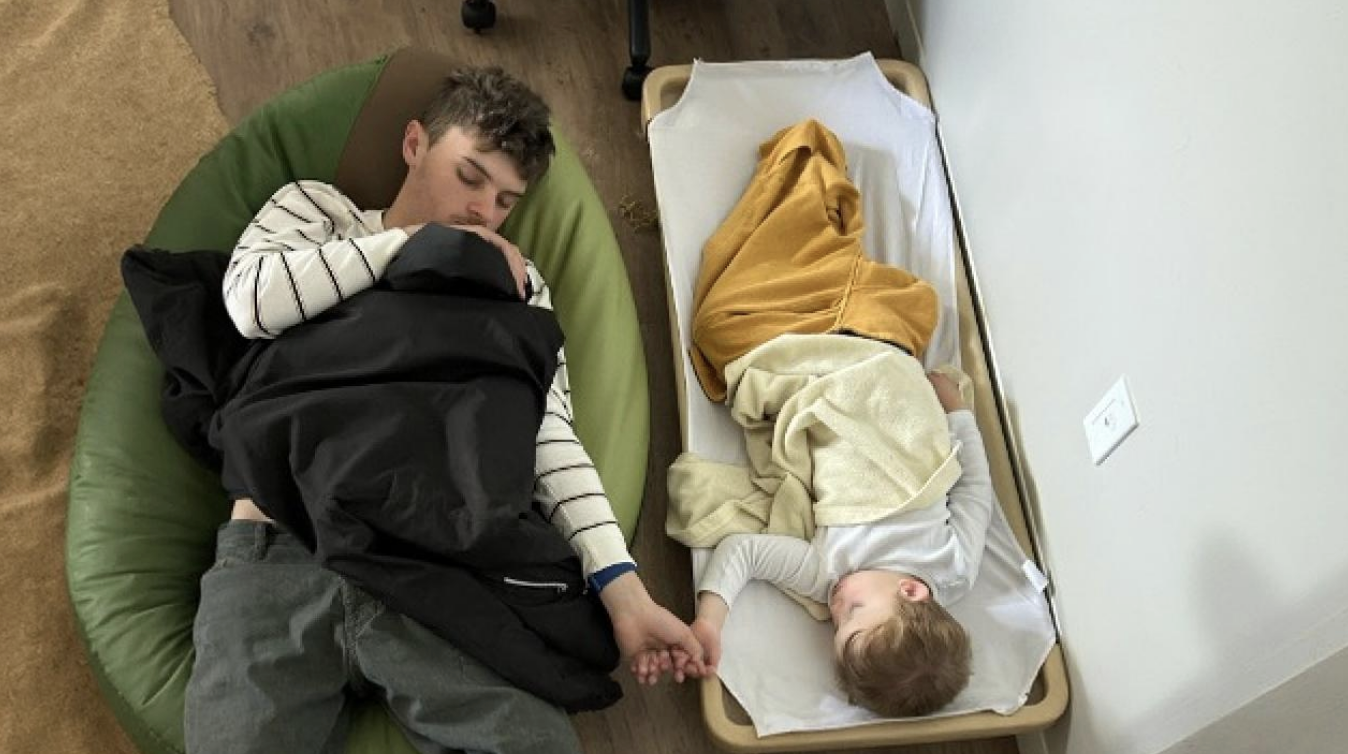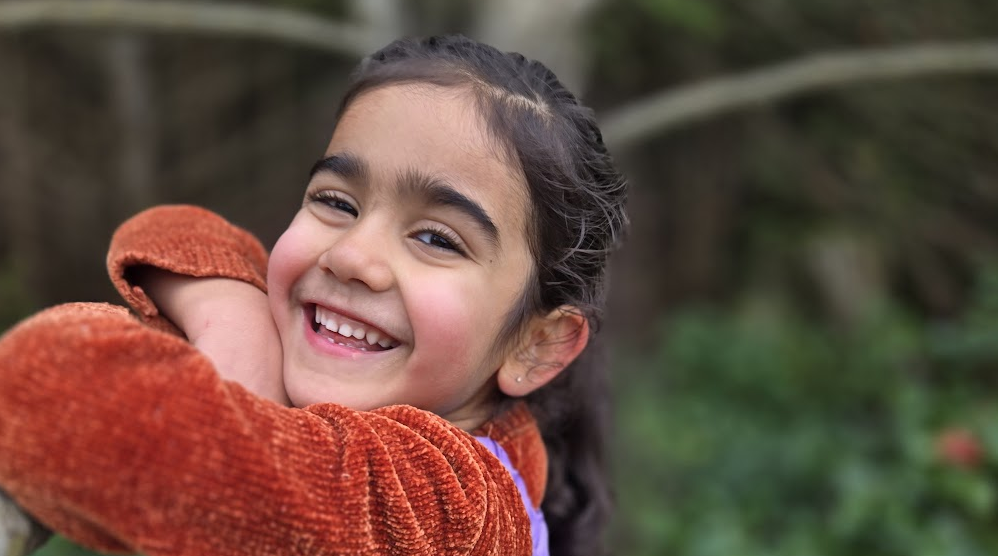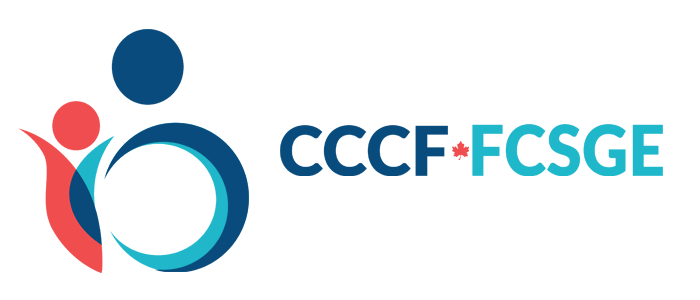Children experience stress just as adults do but it often goes unrecognized. Today the pace of life is faster and changes occur rapidly and frequently. There are many factors that could contribute to stress in children’s lives. Children often experience stress from ongoing situations, some of which may be beyond their control. David Elkind, in his book, The Hurried Child, states that “stress is the wear and tear on our bodies that is produced by the very process of living.” Elkind also says that one of the greatest contributors to stress in children’s lives is hurry – to get ready, to go from one place to another, to do well and to grow up. Family upheavals due to death or divorce, family health problems, tension and quarrelling in the home lead to children’s fear, anxiety and emotional overload, and contribute to chronic stress.
Discover more topics for ECE’s and parents on Challenging Child Behaviors and Stress
“Children often experience stress from ongoing situations, some of which may be beyond their control.”
“Stress can infect and affect the physical, emotional, social, intellectual and academic well-being of children. It can interfere with their motivation, attention, perception, memory and the entire learning process,” says Dr. Harold Minden, a psychology professor and expert on stress at York University. Children respond and react to stress in their own individual ways. Just like adults, they have different coping abilities and what causes stress in one child may cause none in another.
Signs and signals that indicate a child might be experiencing undue stress include:
- recurring headaches, tummy aches or neck pain
- increased irritability, sadness, panic, anger
- being more quiet than usual
- trouble relaxing or sleeping
- lethargy, daydreaming, withdrawal from activities
- excessive energy or restlessness
- reverting to less mature behaviours
- nervous habits such as nail biting, hair twisting, thumb sucking, or sighing deeply
- subtle reactions, a strained look, frowning
- trouble getting along with friends.

Management Techniques for Stress in Children
Children who have experienced stress for some time need extra patience and reassurance. They might respond to a combination of the following:
- physical contact – hugging helps children relax and builds self-esteem
- listening – ask children how they feel
- encouragement – help children find something they are good at and tell them how proud you are of them
- honesty and openness – talk and encourage children to express their feelings openly
- security – try to be consistent
- physical activity and play – exercise helps burn off stressful feelings
- humour – help children see the funny side of things
- quiet – allow for quiet time
- balanced diet – encourage children to eat a healthy, varied diet
Teach children to recognize the symptoms of stress and the changes they feel in themselves — e.g., rapid heartbeat, sweaty palms, fast breathing, headaches, tummy aches, tight tense muscles and nervous panicky feelings.
Find out about any significant events in the children’s lives. Caring adults are very important for children. Provide an environment that promotes a relaxed lifestyle. Model peaceful living and good relaxation techniques.












